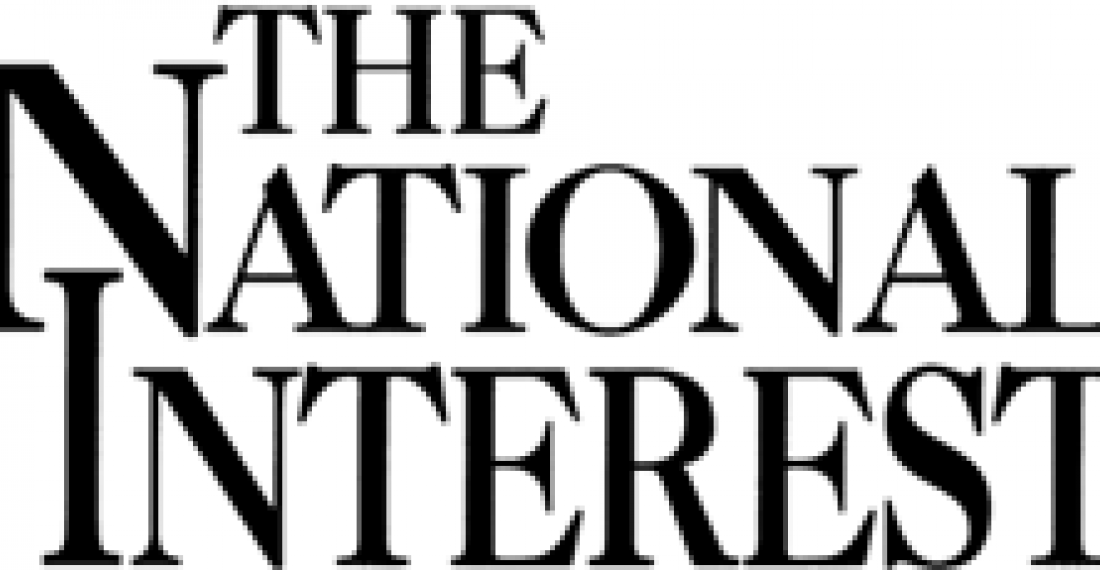Ереван, 11.01.13. АрмИнфо.
В зоне конфликтов, простирающейся от Сирии до Афганистана, в Нагорном Карабахе зреет еще одна война, которой, хочет она того или нет, придется заниматься новой внешнеполитической команде президента Обамы.
Согласно автору американского издания The National Interest, несмотря на все старания Вашингтона, Москвы и Парижа, стороны карабахского конфликта переговоры не ведут и вести не хотят. Такой тупик превращает ситуацию из послевоенной в предвоенную, особенно на фоне мощной гонки вооружений, которую ведет Азербайджан, пользуясь своими доходами от продажи нефти и газа, и Армения, получающая поддержку от России. Издание пишет, что новая война станет пирровой для обеих сторон, поскольку в ней Армения и Азербайджан сойдутся друг с другом напрямую, имея гораздо более мощные военные арсеналы. В статье отмечается, что стороны НКК осуществляют оперативное планирование, исходя именно из этого, и грозят нанесением ударов по объектам гражданской инфраструктуры, таким, как трубопроводы.
Иран пока особой политической роли не играет, обеспечивая Армении важные энергетические и торговые связи. При этом, учитывая непростые отношения Тегерана и Баку, в случае новой карабахской войны, Иран вполне может попытаться свести счеты. Более масштабная опасность, по мнению автора, заключается в отношениях "покровитель-сателлит", сложившихся у Армении и Азербайджана соответственно с Россией и Турцией. Анкаре и Москве на деле не очень-то хочется вступать в драку, но они могут быть втянуты в нее своими сателлитами, и в таком случае возникнет весьма опасная ситуация, особенно учитывая, что Баку уже вынудил Анкару отказаться от нормализации отношений с Ереваном. В этом контексте, Турция должна играть в регионе политическую роль, сопоставимую с российской, поскольку лишь совместными усилиями Москва и Анкара смогут заставить своих союзников начать настоящие переговоры.
"У Анкары и Москвы - разные приоритеты в отношении Карабаха, но по вопросам Черного моря, Кавказа и Каспия их взгляды в основном совпадают. Обе страны хотят предотвратить новую войну между Арменией и Азербайджаном, не позволив при этом своим сателлитам подвергнуть риску их более общие и масштабные интересы. Учитывая, что американская дипломатия старается быть беспристрастной по отношению к Армении и Азербайджану, для увеличения своей степени влияния на этот конфликт Вашингтон должен подталкивать Анкару к проявлению большей активности и приветствовать сотрудничество России и Турции в качестве миротворцев на Кавказе", - заключает The National Interest.
АрмИнфо: The National Interest: Подталкивая Анкару к активности в карабахском урегулировании, Вашингтон должен приветствовать ее сотрудничество с Москвой
АрмИнфо: The National Interest: Подталкивая Анкару к активности в карабахском урегулировании, Вашингтон должен приветствовать ее сотрудничество с Москвой






